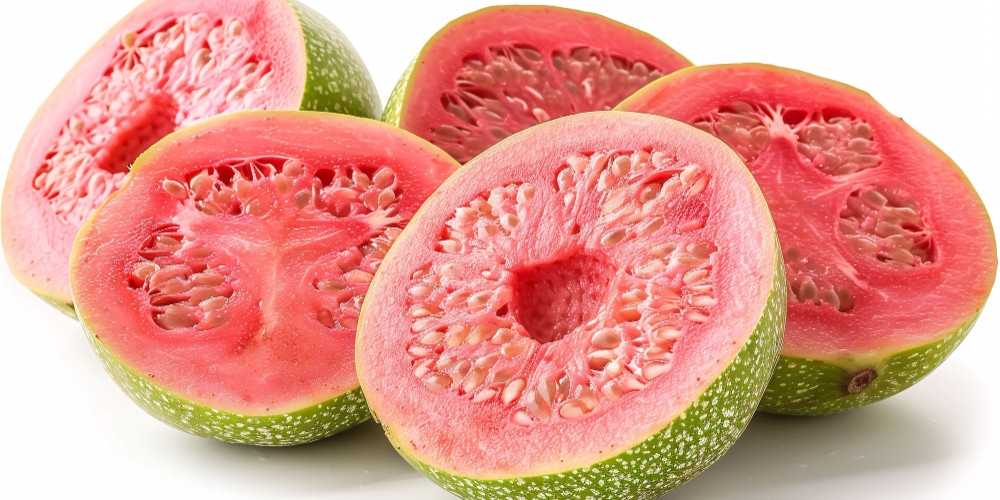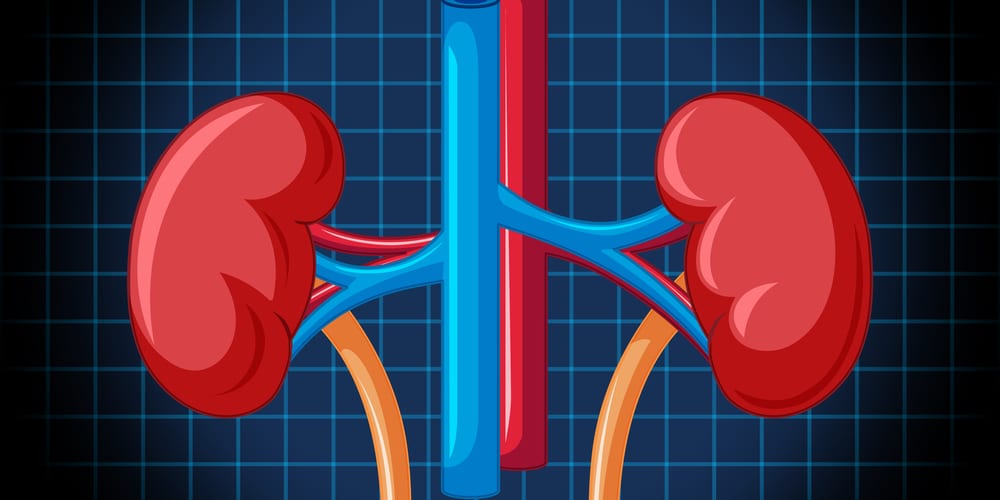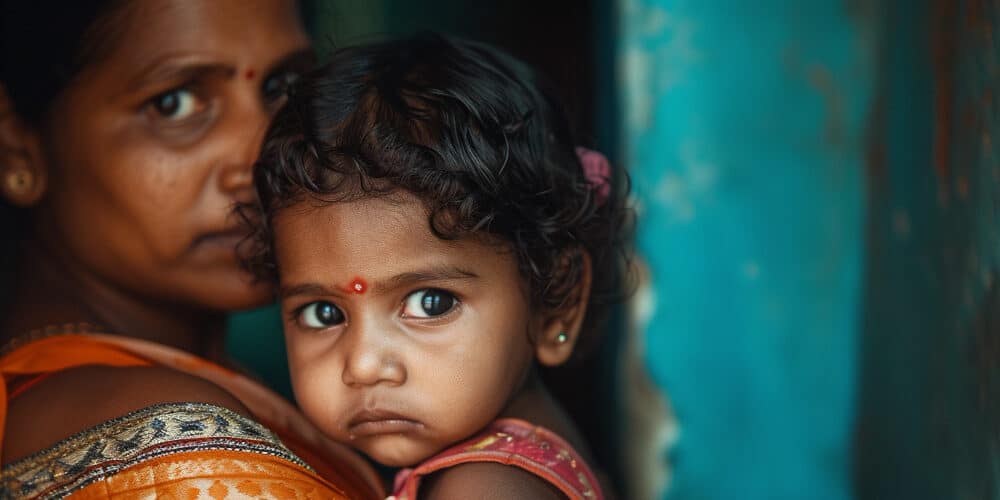Latest
India ranks second globally in chronic kidney disease: What The Lancet study reveals
According to the report, in 2023, approximately 13.8 crore Indians were affected by the condition, second only to China’s 15.2 crore
Author
Author
- admin / 2 days

- 0
- 10 min read
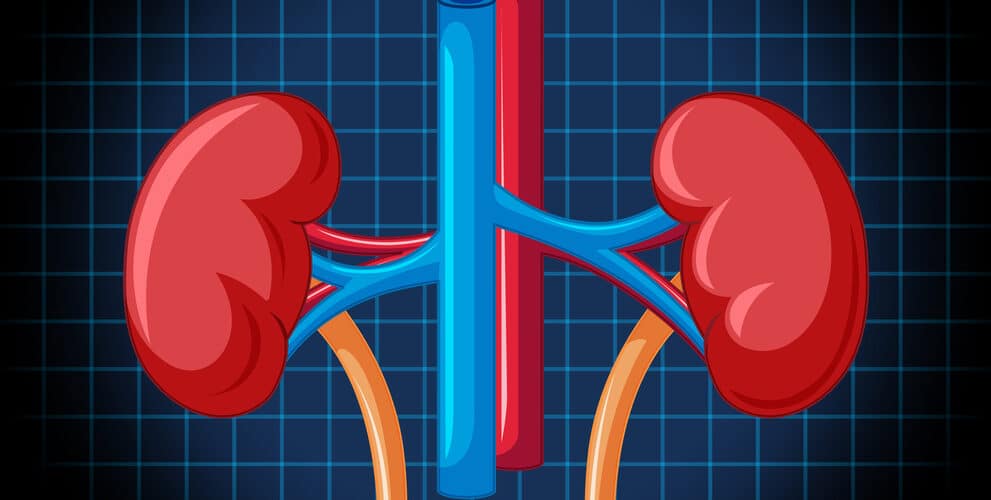
Author
A new study published in The Lancet has revealed that India now has the second-highest number of people living with chronic kidney disease in the world. According to the report, in 2023, approximately 13.8 crore Indians were affected by the condition, second only to China’s 15.2 crore.
The global study, led by researchers from the Institute for Health Metrics and Evaluation (IHME) at the University of Washington, analysed health data from 204 countries and territories between 1990 and 2023. It is also concerning that the disease burden seems to have gone up during this period as well—the prevalence of the disease seems to have increased by 3.5 per cent globally. It also found that chronic kidney disease was the ninth-leading cause of death worldwide, claiming nearly 15 lakh lives in 2023 alone—over 1.2 lakh in India.
Considering the growing burden of the disease in India, understanding what it means, how it develops, and the implications of the study and what experts warn about its rising trend and preventable nature is crucial.
What is Chronic Kidney Disease?
Chronic kidney disease, also known as chronic kidney failure, involves the gradual loss of kidney function over time. The kidneys play a critical role in filtering wastes and excess fluids from the blood, which are then excreted in the urine. When kidney function declines, dangerous levels of fluid, electrolytes, and wastes can accumulate in the body, leading to severe health consequences.
In its early stages, the condition often presents with few or no noticeable symptoms, which makes early detection difficult. Many people may not realise they have the condition until it has advanced significantly. As the disease progresses, the symptoms become more pronounced and can include nausea, vomiting, loss of appetite, fatigue, weakness, sleep disturbances, changes in urination patterns, decreased mental sharpness, muscle cramps, swelling of feet and ankles, dry and itchy skin, difficult-to-control high blood pressure, shortness of breath due to fluid buildup in the lungs, and chest pain if fluid accumulates around the heart.
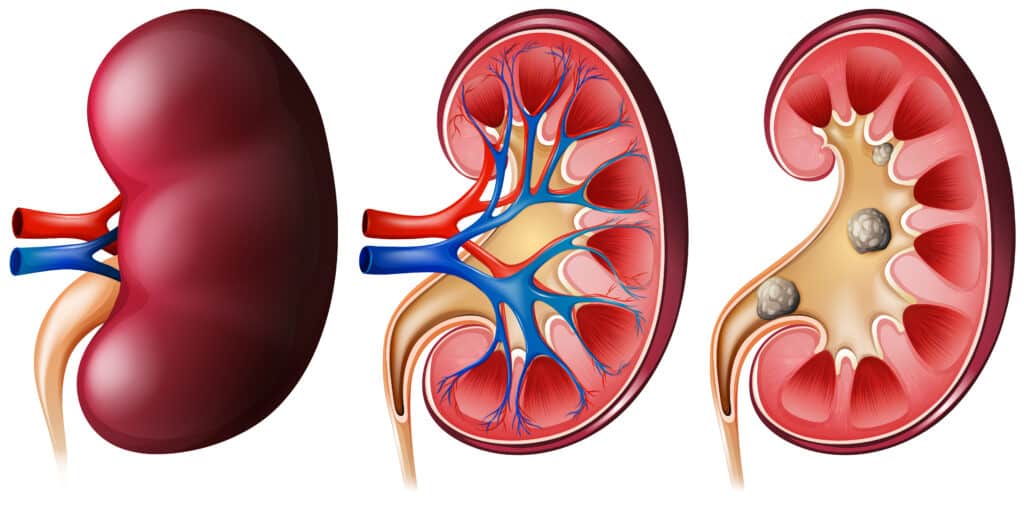
Such chronic kidney disease develops when an underlying disease or condition impairs kidney function, causing damage that worsens over months or years. Common causes include type 1 or type 2 diabetes, high blood pressure, glomerulonephritis (inflammation of the kidney’s filtering units), interstitial nephritis (inflammation of the kidney’s tubules), polycystic kidney disease and other inherited kidney conditions, prolonged urinary tract obstruction due to enlarged prostate, kidney stones, or certain cancers, vesicoureteral reflux (urine backing up into the kidneys), and recurrent kidney infections (pyelonephritis).
Certain factors increase an individual’s risk, including cardiovascular disease, smoking, obesity, older age, a family history of kidney disease, structural abnormalities of the kidneys, and frequent use of medications that can damage the kidneys. The condition can lead to numerous complications, affecting nearly every organ system. These include fluid retention causing swelling or pulmonary edema, hyperkalemia (dangerous potassium levels), anaemia, heart disease, weakened bones and higher fracture risk, decreased sexual function, central nervous system issues such as concentration problems or seizures, lowered immunity, pericarditis (inflammation of the heart’s lining), pregnancy complications, and ultimately, irreversible kidney damage requiring dialysis or a kidney transplant.
Individuals with risk factors should consult their healthcare provider for regular blood and urine tests to assess kidney function. Early intervention can slow the progression of the disease and prevent the need for more invasive treatments.
What does the new Lancet study say about chronic kidney disease?
The Lancet study sheds light on the alarming prevalence and impact of chronic kidney disease worldwide and in India. In absolute numbers, India had the second largest number of chronic kidney disease cases in the world, second only to China. However, if we were to look at the prevalence rates, India’s prevalence rate of 16 per cent, though higher than the global rate of 14.2 per cent, was significantly lower than other countries such as Iran and Haiti, which have prevalence rates of 22.7 per cent and 22.1 per cent, respectively.
In fact, according to the research, the highest rates of the condition were observed in North Africa and the Middle East (18 per cent each), followed by South Asia (16 per cent), Sub-Saharan Africa, and Latin America (around 15 per cent each). The study underscores that the condition is rapidly becoming a silent epidemic, especially in developing nations where early detection and treatment remain limited.
“Chronic kidney disease is both a major risk factor for other leading causes of health loss and a significant disease burden in its own right,” said Professor Theo Vos, senior author of the study and professor emeritus at IHME. “Yet, it continues to receive far less policy attention than other non-communicable diseases, even as its impact grows fastest in regions already facing the greatest health inequities.”
The study highlighted the strong link between the condition and cardiovascular disease, reporting that kidney disease was responsible for nearly 12 per cent of cardiovascular deaths globally in 2023. It ranked as the seventh leading cause of heart-related mortality, ahead of diabetes and obesity. Researchers identified 14 major risk factors for kidney disease, with diabetes, high blood pressure, and obesity emerging as the top contributors to declining kidney health. These conditions often co-exist, and if left unmanaged, they accelerate kidney damage.
Dietary habits also play a critical role. Low intake of fruits and vegetables, coupled with high consumption of salt (sodium), were among the key drivers of kidney disease risks. In India, where high-sodium processed foods are common and fruit consumption is low, these findings point to an urgent need for dietary awareness and lifestyle interventions.
Most people with CKD are in the early stages of the disease, making early screening and preventive care crucial. Timely diagnosis can help delay the progression to advanced kidney failure, a stage that often necessitates dialysis or kidney transplantation. However, the study cautions that access to replacement therapies remains uneven across countries, including India. It urges urgent actions to fill data gaps on CKD prevalence, understand its “underlying causes (particularly diabetes), and ensure the widespread availability of therapies to improve outcomes for people with CKD.”
What is India doing to tackle kidney disease?
In India, the government has taken significant steps to address the risks of Chronic Kidney Disease through initiatives like the Pradhan Mantri National Dialysis Program (PMNDP) and Ayushman Bharat–Pradhan Mantri Jan Arogya Yojana (AB PMJAY).
The Union Government of India provides both financial and technical assistance to states and union territories to implement haemodialysis and peritoneal dialysis services under PMNDP. “The Programme ensures availability of free dialysis services for CKD patients who are below Poverty Line (BPL) in all district hospitals in the country,” according to a recent Lok Sabha reply. PMNDP has been implemented in a total of 36 states and union territories, covering 748 districts at 1,609 centres with 11,148 haemodialysis machines. As of February 2025, a total of 27.28 lakh patients have received dialysis, with 329.45 lakh haemodialysis sessions conducted.
The number of persons affected by chronic kidney disease availing dialysis services under PMNDP has grown from 2.43 lakh patients in the financial year 2019-20 to 4.53 lakh in the financial year 2023-24, according to the reply. In fact, in 2024-25, 4.33 lakh patients had already received the treatment by February.
While the growing numbers may be concerning, it is also promising to see that more people are able to get the help they need. In fact, despite the high numbers, according to the Lancet study, the prevalence of the condition has reduced by 14.6 per cent in India since 1990, even as it grew by 3.5 per cent globally.
Treatment for non-communicable diseases, including the kidney condition, is also available under AB PMJAY, which provides coverage of Rs 5 lakh per family annually for secondary and tertiary care, benefiting approximately 55 crore people. The Central Government has recently extended health coverage to all senior citizens aged 70 years and above, irrespective of income, under PMJAY.
To reduce out-of-pocket expenses and improve access to essential medicines and diagnostics, the government has rolled out initiatives such as the National Free Drugs Service and Free Diagnostic Service. Jan Aushadhi Kendras under the Pradhan Mantri Bhartiya Janaushadhi Pariyojana provide affordable medicines for NCDs, including chronic kidney disease, at discounted rates. Additionally, the National Pharmaceutical Pricing Authority has fixed ceiling prices for 928 scheduled formulations, including 11 related to CKD treatment — one haemodialysis solution under the “Dialysis components” category and ten formulations under the “Diuretics” category.
What do the experts say?
Dr Bharat Shah, Director and Head of Nephrology at Gleneagles Hospital, Mumbai, said that the number of chronic kidney disease (CKD) cases in India is alarmingly high, yet the country still lacks a proper registry system to track them effectively.
“The most important causes of chronic kidney disease all over the world are diabetes and high blood pressure,” Dr Shah explained. “And the prevalence of both these conditions is very high in India.”
He noted that during the regular screening camps conducted in both urban and rural areas by the Narmada Kidney Foundation, an NGO he is also associate with, the team consistently finds a high prevalence of obesity, diabetes, and hypertension. “Obesity is rising because of junk food intake,” he said, adding that this in turn “increases the risk of diabetes and high blood pressure.”
According to him, processed foods and high-sodium diets are another major concern. “All processed foods have preservatives that are high in salt,” Dr Shah said. “This increases sodium intake, which is a well-known risk factor for high blood pressure.”
On government programs like the Pradhan Mantri National Dialysis Programme (PMNDP) and Ayushman Bharat–Pradhan Mantri Jan Arogya Yojana (AB PMJAY), Dr Shah expressed a strong opinion. “We are allowing the prevalence of chronic kidney disease to increase and then trying to provide treatment rather than making efforts to prevent the development of obesity, diabetes, and high blood pressure,” he said. “We are going the other way around. Prevention is always better than cure.”
He emphasised that while schemes offering dialysis support are important, they address the disease too late in the chain. “Dialysis and transplants are not easy treatments,” he pointed out. “For the amount that we spend on treatment, we could achieve far more by investing in prevention.”
Dr Shah stressed that reducing the number of cases requires collective effort—“from the government, the food industry, and individuals themselves.” He called for stronger public education around healthy eating and physical activity. “Exercise and physical activity are declining in our country,” he said. “In contrast, in Western nations, there’s much more awareness about healthy diets and regular sports. Every food item there carries full nutritional information—calories, protein, sodium, and potassium. But in India, most people have no idea what they are eating.”
Also read: Fact Check: Can kidney stones be removed without surgery?
Do you have a health-related claim that you would like us to fact-check? Send it to us, and we will fact-check it for you! You can send it on WhatsApp at +91-9311223141, mail us at hello@firstcheck.in, or click here to submit it online.

